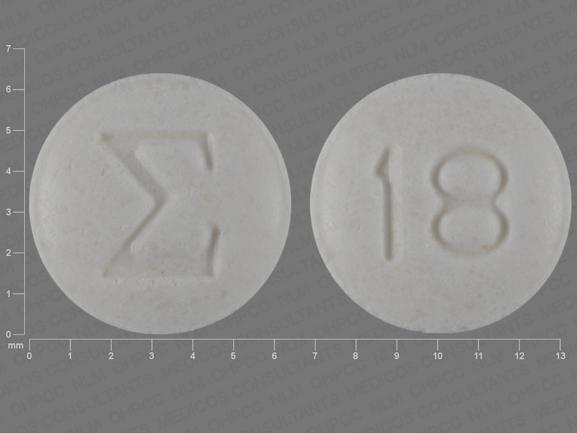Liothyronine Disease Interactions
There are 5 disease interactions with liothyronine.
Thyroid hormones (applies to liothyronine) adrenal insufficiency
Major Potential Hazard, High plausibility.
The use of thyroid hormones is contraindicated in patients with uncorrected adrenal insufficiency. Thyroid hormones increase tissue demand for adrenocortical hormones and may precipitate acute adrenal crisis. In patients with controlled adrenal insufficiency or other endocrine disorders, therapy for these concomitant disorders may need to be adjusted following thyroid replacement, since hypothyroidism often obscure or diminish the signs and symptoms of these conditions. Clinical monitoring of thyroid and adrenal function as well as any other appropriate endocrine function is recommended during thyroid hormone therapy.
Thyroid hormones (applies to liothyronine) cardiovascular disease
Major Potential Hazard, High plausibility. Applicable conditions: Hypertension, Heart Disease
Thyroid hormones cause increases in myocardial contractility and heart rate as a result of increased metabolic demands and oxygen consumption. Therapy with thyroid hormones should be administered cautiously and initiated at reduced dosages in patients with cardiovascular disorders such as angina, coronary artery disease, and hypertension. Clinical monitoring of cardiovascular function is recommended. If chest pain or exacerbation of cardiovascular disease occurs, the dosage of thyroid hormone should be reduced, even at the expense of achieving euthyroid state. Thyroid hormones should not be administered to patients with an acute myocardial infarction that is not complicated by hypothyroidism.
Thyroid hormones (applies to liothyronine) thyrotoxicosis
Major Potential Hazard, High plausibility. Applicable conditions: Hyperthyroidism
The use of thyroid hormones is contraindicated in patients with untreated thyrotoxicosis of any etiology, since thyroid hormones may exacerbate the condition.
Thyroid hormones (applies to liothyronine) diabetes
Moderate Potential Hazard, High plausibility. Applicable conditions: Diabetes Mellitus, Diabetes Insipidus
Since hypothyroidism often obscure or diminish the signs and symptoms of endocrine disorders such as diabetes mellitus or diabetes insipidus, thyroid replacement therapy may aggravate the intensity of symptoms associated with these conditions. Patients with endocrine disorders should be monitored more closely during thyroid hormone therapy, and their medication regimen adjusted accordingly. If thyroid medication is later discontinued, a downward readjustment of insulin or oral hypoglycemic agent may be necessary in patients with diabetes mellitus to avoid hypoglycemia.
Thyroid hormones (applies to liothyronine) seizures
Moderate Potential Hazard, Low plausibility.
Thyroid hormones may alter the seizure threshold. Seizures have been reported rarely following the initiation of levothyroxine therapy. Therapy with thyroid hormones should be administered cautiously in patients predisposed to seizures.
Switch to professional interaction data
Liothyronine drug interactions
There are 232 drug interactions with liothyronine.
Liothyronine alcohol/food interactions
There are 2 alcohol/food interactions with liothyronine.
More about liothyronine
- liothyronine consumer information
- Check interactions
- Compare alternatives
- Pricing & coupons
- Reviews (99)
- Drug images
- Side effects
- Dosage information
- During pregnancy
- Drug class: thyroid drugs
- Breastfeeding
- En español
Related treatment guides
Drug Interaction Classification
| Highly clinically significant. Avoid combinations; the risk of the interaction outweighs the benefit. | |
| Moderately clinically significant. Usually avoid combinations; use it only under special circumstances. | |
| Minimally clinically significant. Minimize risk; assess risk and consider an alternative drug, take steps to circumvent the interaction risk and/or institute a monitoring plan. | |
| No interaction information available. |
See also:
Further information
Always consult your healthcare provider to ensure the information displayed on this page applies to your personal circumstances.


